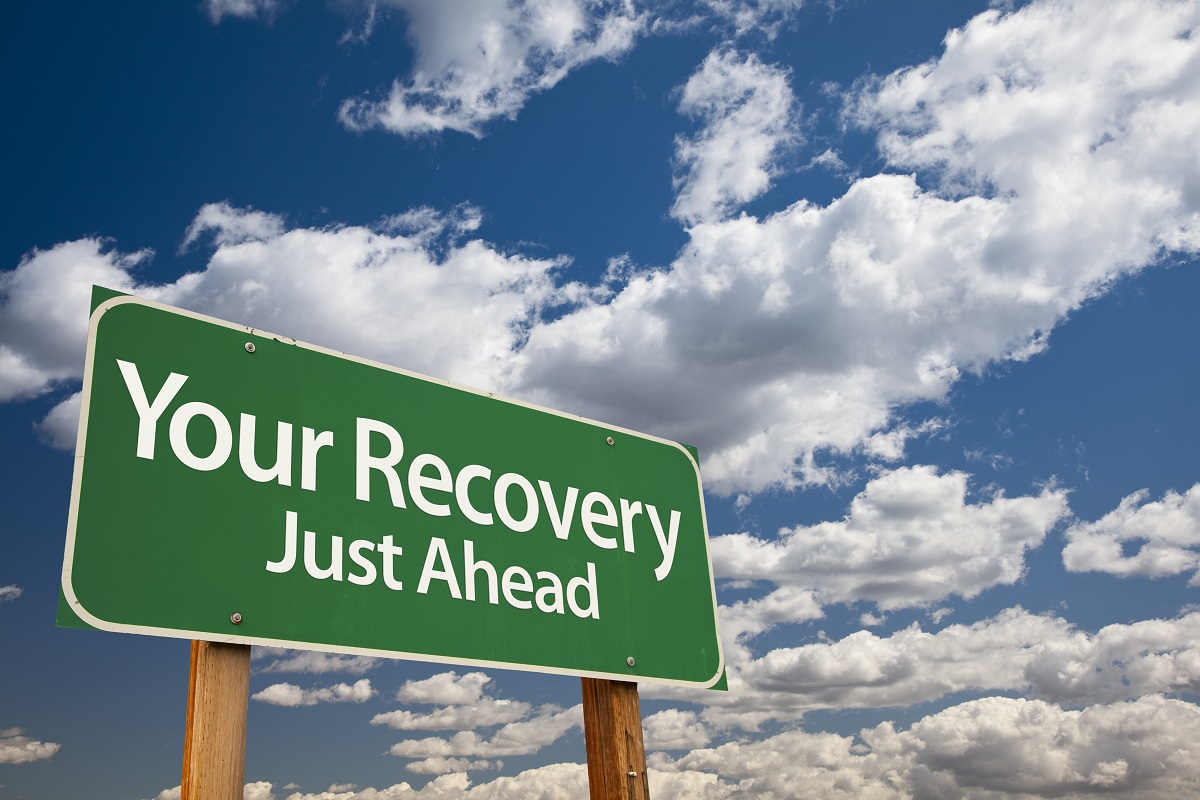In the same way that parents want to protect their children from diseases like measles, it is also important to protect them from illicit substances by providing them with helpful information on how to avoid situations that may expose them to drugs or alcohol.
It won’t be all the time that you’ll be able to protect your child from harm, but if you can impart the knowledge and skills on how to say no or how to detect a risky situation, then they will be able to handle those situations properly themselves.
But how do you talk to your child without making them feel weird about it? Serious talks between parent and child are usually not comfortable. In this post, we’re going to discuss how to talk to your children about drug and alcohol abuse. Let’s begin by answering why drug abuse should be discussed in the first place.
Drug Abuse Should be Discussed
At one point or another, your child will be exposed to illicit substances. It can be through the movies they’re watching, their peers, or the social events they attend. While you can’t guard your child all the time to make sure that they won’t be influenced by people who use drugs, you can always equip them with the knowledge and the skills to say no and avoid those situations.
Kids don’t usually feel comfortable when it comes to having a serious talk with their parents. If they’re curious about something, they find answers elsewhere. There are many reasons why they’re not comfortable talking with their parents about drugs. It could be that they might get scolded for even thinking about such a topic.
Parents should have an open mind in discussing topics such as drug abuse because it’s better if the child knows its effects and the consequences they could face if they ever start using it. When the child is well-informed, he or she will be better protected against bad influences.
It is also important for parents to be educated about drug abuse and its effects. Learning the facts will enable parents to provide their children with correct information and at the same time, clear up the misconceptions about the subject.
As parents, you are the role model of your children. Your views and opinion about drugs, tobacco, and alcohol will strongly influence your children on how they think about such substances. Talking about these topics should be a part of the important conversations that parents have with their children.
How to Talk to Young Children About Drug Abuse?
Don’t get nervous at the thought that you have to talk to your young kids about drug abuse. For example, if you have to give your child medicine for their fever, you can tell them why it’s important to take it. You don’t have to talk about illicit drugs right away. You can tell them that there are good drugs that can help people get better and there are bad ones as well. And that they should stay away from those bad drugs.
You can also take advantage of the TV shows that they’re watching. For example, if they’re watching a show where a character is smoking a cigarette, you can then talk about why smoking is bad for the body. This can become an opportunity for you to discuss bad drugs and their negative effects on a person.
When you’re talking to your young child about this topic, make sure that your tone is calm and only use terms that can be easily understood by children. When giving examples on the effects of illicit drugs, be specific and clear. To make sure that you provide the right facts, it would be great if you can do your own little research as well.
Related article: Alcohol Addiction: How to Know You Need Help
How to Talk to Pre-Teens about Drugs?
As your child reaches the pre-teen age, you can start having more discussions with them. You can ask them what their thoughts are about drugs. When you ask this question, make sure that it is an open-ended and nonjudgmental manner. You’ll get a more honest answer this way.
Whenever you’re talking with your child, show to them that you are listening to what they have to say. During the pre-teen age of eight to twelve years, kids are still more inclined to have talks with their parents about these kinds of topics.
By starting this kind of discussion early on, you can keep the door open and instill in them the right information about drug abuse and its effects. It won’t be long and children won’t be as open to sharing their feelings and thoughts to their parents anymore.
You have to remember that it won’t be all the time that your children would want to talk about topics such as drugs. Don’t force them if they don’t want to. What’s important is that they know that if they want to talk to someone about it, they can go to you.

Talking to Teens about Drug Use
This is an important time in your kid’s life. They’ll be exposed to a lot of things. They probably already know other kids who are using alcohol or drugs. Just remain open to them that you are willing to talk and answer any of the questions they may have about drug use.
You can use these discussions to understand your teen’s feelings and thoughts. At the same time, you can talk about how risky it is to drive when under the influence of alcohol or drugs. It’s time that they can understand the legal consequences if they are ever in that situation so talk to them that someone can get injured or killed because of irresponsible behaviours.
You can also think about having a verbal or written contract with your teen about the rules when using the family car. Make sure that you make it clear that you’ll have no problems at all if they come calling in the middle of the night asking to be picked up because the person who’s supposed to drive has been taking alcohol or drugs. Assure them that you’d rather have them call you up rather than placing themselves at risk.
Also, make it clear what the rules are and what the consequences will be if they broke the rules. Discuss this with your teen from the start. It’s not to say that you’re a killjoy or a very strict parent. You just want them to know that they have privileges and if they abuse those, then there are consequences that they have to face. This will set clear expectations about how they ought to behave as responsible individuals.
How to Lay the Groundwork?
Anyone can be at risk of being exposed to illicit substances. Any child can find themselves in trouble. This is true even for those who have been provided with enough guidance and support from their parents. That’s why communicating with your child is crucial so you can give them what they need.
What you should remember is that some kids may be more inclined to use illicit substances compared to others. Young people who have friends who are using drugs will most likely to try those substances themselves. Even those who feel that they are socially isolated may also turn to drug use.
So, while it’s a big step to educate your child about the dangers of drug use, it’s also important that you know the group that your child is hanging out with. Do this without being over-protective. You can invite your child’s friends over to your home so you can get to know them. Just be open to any discussions that may arise but don’t force it.
Another thing to remember is it would be very helpful if you can recognize whenever your child is going through some tough times. This way, you’ll be able to give them the support and encouragement that they need.
Maintain an open and warm family environment. Make sure that your children are given the opportunity to talk about what they feel or what they think. Encourage them to ask questions about things that they are curious about.
Discussions and talks should be a regular part of your time together with your child. This will not only equip them with the knowledge and skills to avoid drug use, but it will also ensure that you as a parent can stay connected with your child.
Takeaway
These are some of the ways on how to talk to your children about drug and alcohol abuse. Make sure that the communication lines between you and your child remain open. This way, they can ask you anything that’s bugging them, ask for advice, or simply express what they feel.
Make your children feel that they can trust you and that they won’t be judged whenever they talk about their feelings or ask their questions. Communication is highly important for any relationship to prosper; especially that between parent and child.
Related article: What Parents Can Do About Children with Drug Addiction?






